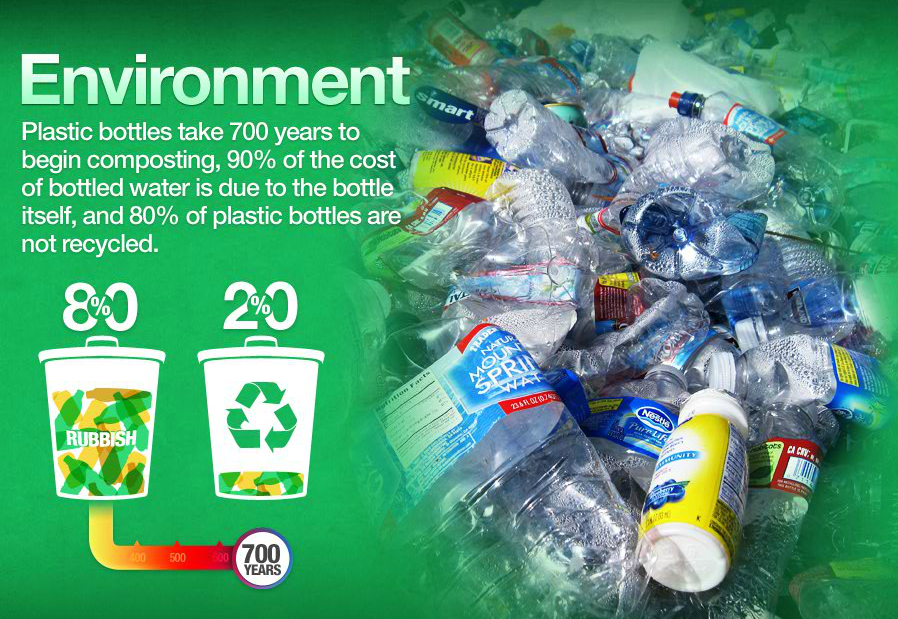Christians’ respect and care for the earth and all its creature derives principally from the first chapter of the Book of Genesis.
This chapter describes God as creator of the whole universe, a process in which humans are invited to participate as co-creators and stewards of God’s creation. To be human, therefore, is to have the privilege of being a co-creator with God, but also the responsibility of respectful care for God’s gifts, which are to be shared by all.
Integral human development is closely linked to the obligations which flow from man’s relationship with the natural environment. The environment must be seen as God’s gift to all people, and the use we make of it entails a shared responsibility for all humanity, especially the poor and future generations (Pope Benedict XVI, 2010).
The current ecological crisis is a moral crisis facing all of humanity.
The ecological crisis is a moral issue... Respect for life and for the dignity of the human person extends also to the rest of creation... we cannot interfere in one area of the ecosystem without paying due attention both to the consequences of such interference in other areas and to the well-being of future generations (Pope John Paul II, 1990).
Respect for nature and ecological responsibilities are key aspects of the Catholic faith. We are to ensure that the integrity of creation is upheld. We are to nurture a new global solidarity, which includes solidarity with the natural world in all its diversity – animals, plant life and the earth itself.
As humanity has become aware of the conditions that threaten the world’s environment, and as communities have begun crafting solutions to environmental problems, a growing body of Catholic theology and social teaching has emerged to address environmental concerns. This theology and teaching can only be understood in light of long-standing Catholic traditions concerning creation, redemption, and the role of humanity in these processes. The Catholic tradition shows that humanity has a unique set of responsibilities. It is essential, for example, that we respect creation and exercise stewardship over it.
Saint Francis of Assisi is the patron saint of animals and ecology; known for his love of creation and its Creator. St Francis, like today’s environmentalists, saw himself as part of the ecosystem, not as a proud master over and above it. He addressed creatures as ‘sisters’ and ‘brothers’, as his equals, not as subjects to be dominated. He saw himself as a simple servant and caretaker of creation. We should likewise see ourselves as stewards within creation, not as being separate from it.
The Canticle of Creation by Saint Francis of Assisi
Most High, all-powerful, good Lord,
Yours are the praises, the glory, the honour and all blessing,
To you alone, Most High, do they belong,
and no one is worthy to mention your name.
Praised be you, my Lord, with all your creatures,
especially Sir Brother Sun,
who is the day and through whom you give us light.
And he is beautiful and radiant with great splendour;
and bears a likeness of you, Most Holy One.
Praised be you, my Lord, through Sister Moon and the stars,
in heaven you formed them clear and precious and beautiful.
Praised be you, my Lord, through Brother Wind,
and through the air, cloudy and serene,
and every kind of weather,
through whom you give sustenance to your creatures.
Praised be you, my Lord, through Sister Water,
who is very useful and humble and precious and chaste.
Praised be you, my Lord, through Brother Fire,
through whom you light the night
and he is beautiful and playful and robust and strong.
Praised be you, my Lord, through our Sister Mother Earth,
who sustains and governs us,
and who produces various fruits with coloured flowers and herbs.
Praised be you, my Lord, through those who give pardon for your love,
and bear infirmity and tribulation.
Blessed are those who endure in peace
for by you, Most High, shall they be crowned.
Praised be you, my Lord, through our Sister Bodily Death,
from whom no one living can escape.
Woe to those who die in mortal sin.
Blessed are those whom death will find in your most holy will,
for the second death shall do them no harm.
Praise and bless my Lord and give him thanks
and serve him with great humility.
For Reflection and Discussion
1
See the greenhouse effect in action and learn more about the science behind global warming with the ‘Interactive: The Greenhouse Effect’.
2
Engineer your own wind turbine and find out for yourself whether or not this is the answer to clean energy with the ‘Interactive: Harness the Power of Wind’.
3
The ‘Environmental Facts’ page lists 21 simple ways you can help your environment. Read them and see how many you could practically incorporate some of them into your life. Discuss this as a class.
4
Take the ‘Global Warming Quiz’.
FOR REFLECTION
- Why are we co-creators with God?
- Consider the principles of Catholic Social Teaching and discuss how they apply to a principle of ‘Caring for God’s Creation’.
- How is the ecological crisis a moral challenge to Catholics?
- In what ways do you care for God’s creation in your everyday life?










